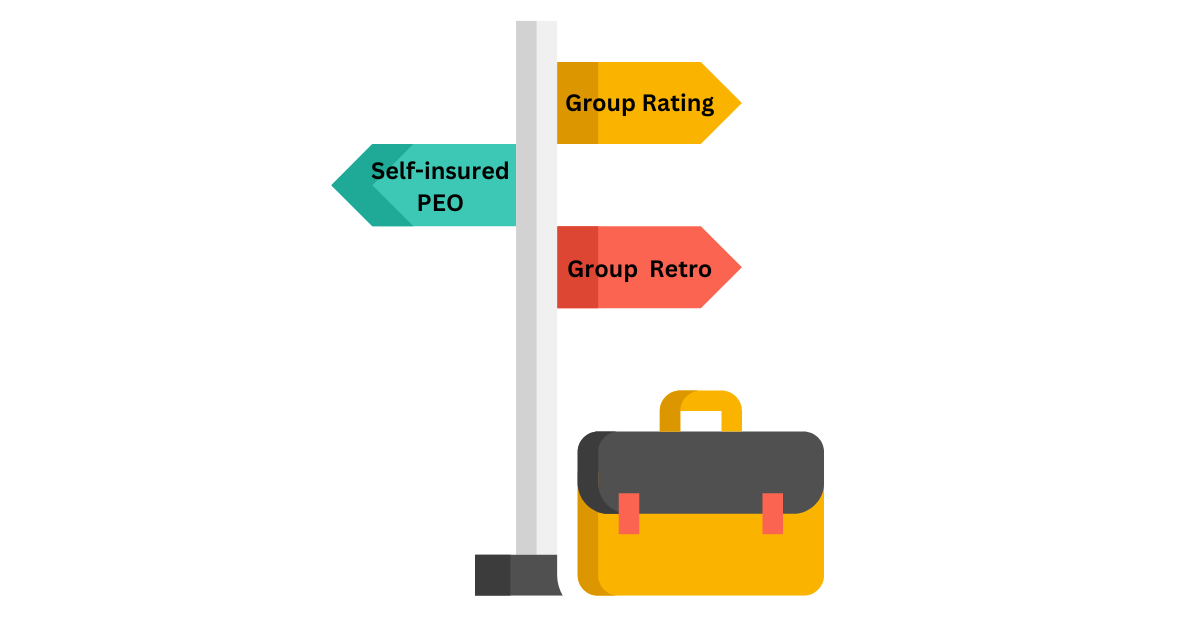News and Updates
Category: Claims Management
Choosing the Best Workers' Comp Partner for Your Business
Even though the 2023 BWC policy year just started, we’re already looking ahead to 2024 Group Rating and Group Retro programs. It can be hard to feel like a savvy buyer when it comes to workers’ comp in Ohio, but Spooner would like to share some pointers for how to understand the timeline and choose the best partner. If you’re thinking of changing your partner for Group Rating or Group Retro, be sure not to complete the renewal that your current TPA sends this summer. Most employers don’t realize that cutting a check for a renewal in summer of 2023 will obligate them to their current TPA through June of 2025. Make sure your accounting team is aware of this, too. We’ve seen too many unhappy customers of other TPAs get trapped this way. Are you under the impression that because you’re a member of XYZ Chamber of Commerce, you have to utilize their partner for workers’ comp programs? Not the case. The sponsoring organization frames it that way because there’s money on the table. For example, if you are an XYZ Chamber member (who happens to be partnered with a specific TPA) and you want to leave that TPA, XYZ Chamber makes less money. Naturally, they want you to stay with their TPA and may even advise you can’t get that discount outside of their partnership. This is patently false. Most TPAs have access to all of the same Group Rating and Group Retro programs for all industries, and the sponsoring orga
Handicaps in Ohio Workers' Comp
When our team meets with prospective clients, we provide an in-depth analysis of their Ohio BWC policy. This allows us to show them how things got to where they are, where they’re headed, and if any of the damage done can be mitigated in some way. By the time we review the claims, it’s sometimes too late to un-ring most of those bells. However, one of the key items we focus on for our clients (especially new ones) is handicap potential. Ohio BWC has a list of pre-existing conditions that would delay a claimant’s recovery following a work-related injury. While some maladies on the list are rare in claimants, the top four are fairly common. If you have a lost time claim in your experience, it’s worth looking into. Here’s an example of what it could look like: Employee files a workers’ compensation claim that causes a 30% increase in premiums (once it enters the experience), to the tune of $20,000 additional each year for four years. Without a handicap, this claim is projected to cost the employer $80,000 in additional premium. Spooner locates medical evidence to indicate a pre-existing condition that qualifies for a handicap, and obtains a handicap at 30% from BWC. Employers receive a benefit from the handicap in either reduced premium payments in the future, or will receive a refund check from the BWC for overpaid premium - depending on when the handicap is granted by the BWC and how far along the claim is in the
Ohio’s HB 447 Clarifies Work-From-Home Comp Claims
House Bill 447 would set specific criteria that must be met by the claimant when a workers’ comp claim is filed by a remote worker. If passed, all three of the following requirements must be met by the claimant: the injury must arise out of their employment, caused by a special hazard of their employment, and be sustained in the course of an activity performed exclusively to the benefit of the employer. All of these conditions must be met for the claim to be considered compensable. The current law doesn’t truly differentiate between injuries sustained at the employer worksite from injuries sustained while working from home, which isn’t effective considering 30% of Ohio’s workforce is now remote. If passed by Ohio’s Senate, the bill will help prevent frivolous claims from remote employees, like this Florida claims adjuster who tripped over her dog while reaching for coffee. This bill seems to be interpreted differently depending on which side of the fence you’re on. Labor relations advocates feel it will prevent employees from filing a claim if they’ve suffered a work-related injury as a remote worker. You have to read HB 447 in its entirety to see that’s simply not the case. This will still allow for valid, genuinely work-related claims to be filed and compensated – provided the same criteria are met as would be required for an employer worksite injury. Most importantly, this bill spells out what will not be co




